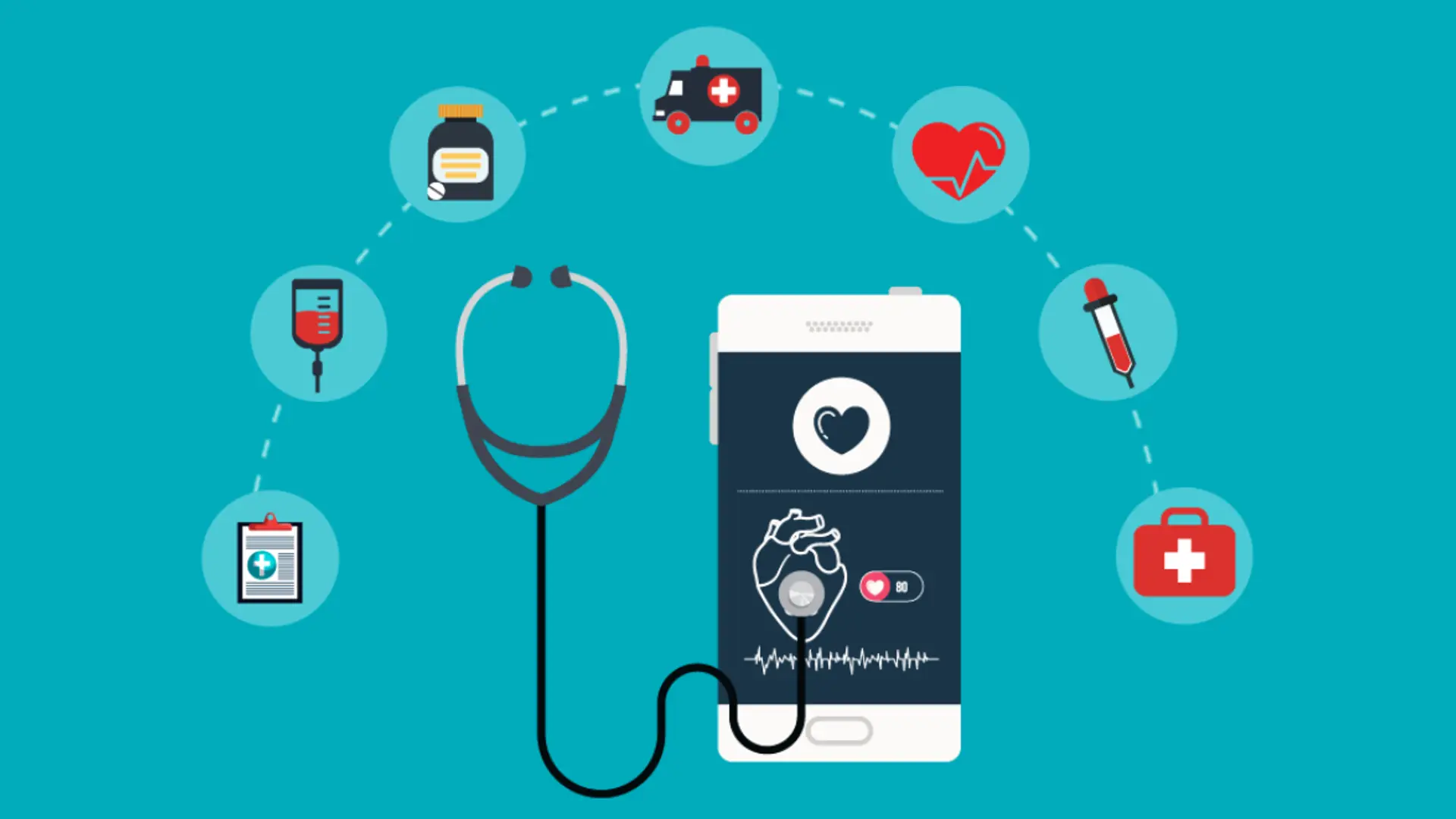Health Apps: Transforming Personal Wellness in the Digital Age
In recent years, health apps have revolutionized the way we manage our physical and mental well-being. Accessible anytime on your smartphone, these apps empower users to take control of their health by tracking activities, monitoring vital signs, managing medications, and even connecting with healthcare professionals.

Why Health Apps Matter
With rising healthcare costs and increasing awareness about preventive care, health apps offer an affordable, convenient, and personalized approach to wellness. Whether you want to lose weight, improve sleep, manage a chronic condition, or simply stay motivated to exercise, there’s an app for almost every health goal.
Popular Types of Health Apps
1. Fitness and Activity Trackers
These apps count steps, track workouts, monitor calories burned, and analyze activity patterns. Popular examples include MyFitnessPal, Strava, and Google Fit. Many integrate with wearable devices like Fitbit and Apple Watch to provide real-time data.
2. Nutrition and Diet Apps
Apps like Lose It! and Yazio help users log meals, calculate macronutrients, and plan balanced diets. They can suggest healthy recipes and even scan barcodes for nutritional info on packaged foods.
3. Mental Health and Meditation
Apps such as Headspace, Calm, and Moodpath support mental wellness through guided meditation, stress reduction techniques, and mood tracking.
4. Sleep Trackers
Apps like Sleep Cycle monitor sleep patterns using your phone’s sensors and offer personalized tips for better rest.
5. Chronic Disease Management
Specialized apps help patients manage conditions like diabetes (e.g., Glooko), hypertension, or asthma by tracking symptoms, medication schedules, and vital signs.
6. Medication Reminders
Apps like Medisafe alert users to take medications on time and track adherence, which is vital for chronic illness management.
7. Telemedicine Apps
Platforms such as Teladoc and Amwell allow virtual consultations with doctors, making healthcare accessible without leaving home.
Benefits of Using Health Apps
Convenience: Track and manage health anywhere, anytime.
Personalization: Apps tailor advice based on your inputs and goals.
Data-Driven: Access to historical data helps spot trends and triggers.
Motivation: Notifications, goals, and progress reports encourage healthy habits.
Accessibility: Bridges gaps for people in remote areas or with limited healthcare access.
Cost-Effectiveness: Many apps are free or low-cost compared to traditional services.
How to Choose the Right Health App
With thousands of apps available, finding one that suits you can be overwhelming. Here are some tips:
Define Your Goal
Are you focusing on fitness, diet, mental health, or managing a condition? Narrowing your focus helps.
Check Credibility
Look for apps developed with healthcare professionals and evidence-based approaches.
Read Reviews
User feedback can reveal usability, accuracy, and support quality.
Privacy and Security
Choose apps that clearly state how they protect your data. Avoid apps that share sensitive info without consent.
Compatibility
Ensure the app works on your device and integrates with wearables if needed.
Ease of Use
A simple interface makes consistent use more likely.
Tips for Maximizing Benefits from Health Apps
Be Consistent: Regular use improves accuracy and effectiveness.
Set Realistic Goals: Avoid overwhelm by breaking goals into manageable steps.
Combine with Professional Care: Use apps as a supplement, not a replacement, for healthcare.
Update Regularly: Keep the app and your device updated for security and new features.
Engage Socially: Many apps have communities or challenges to boost motivation.
Challenges and Considerations
Despite their many advantages, health apps have some limitations:
Accuracy: Not all apps provide clinically validated data.
Over-Reliance: Self-tracking might cause anxiety or obsession in some users.
Digital Divide: Not everyone has access to smartphones or stable internet.
Data Privacy Risks: Sensitive health info needs robust protection.
The Future of Health Apps
The integration of AI (Artificial Intelligence), machine learning, and wearables is making health apps smarter and more personalized. Future apps may predict health risks before symptoms appear, offer virtual health coaching, and seamlessly sync with electronic health records (EHRs) to provide comprehensive care.